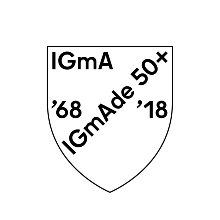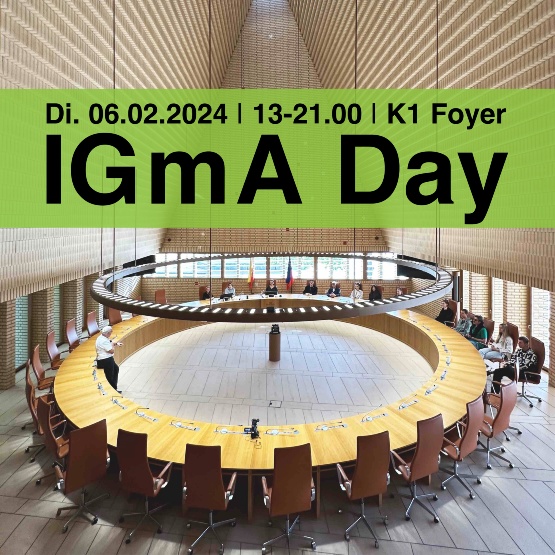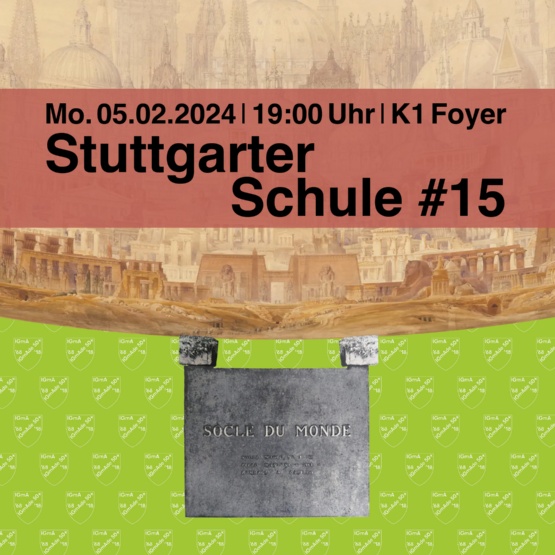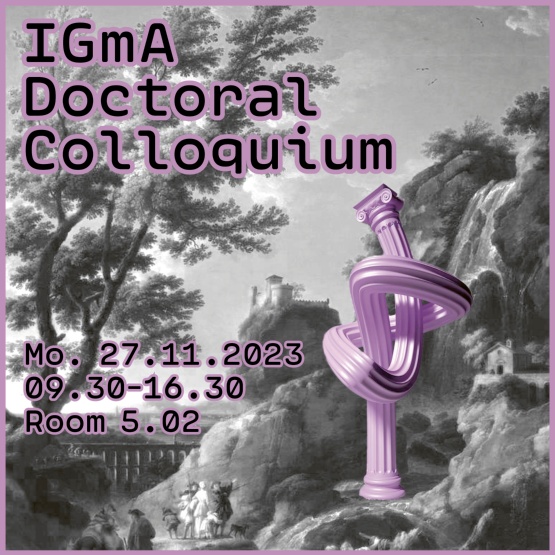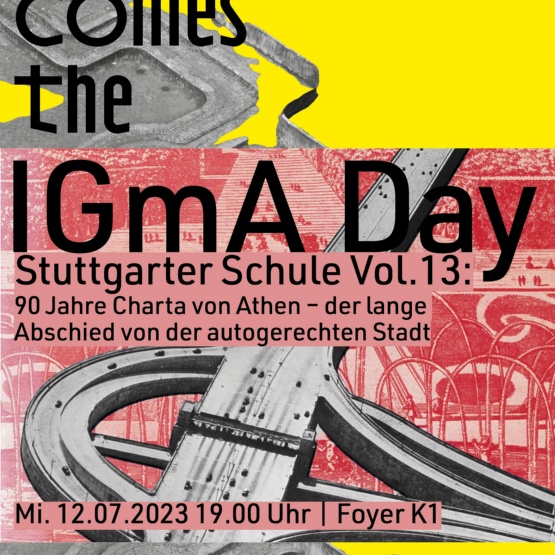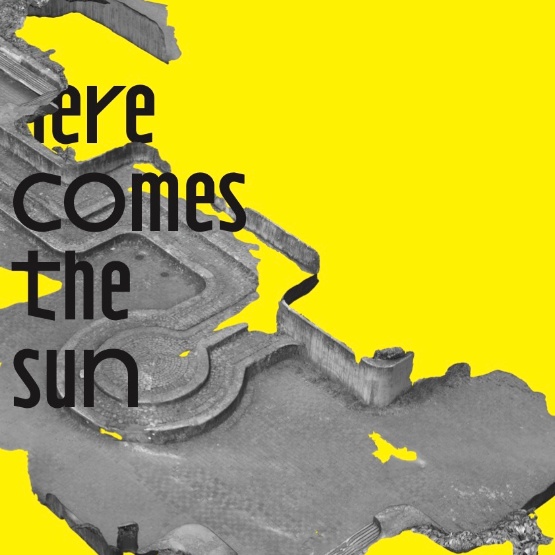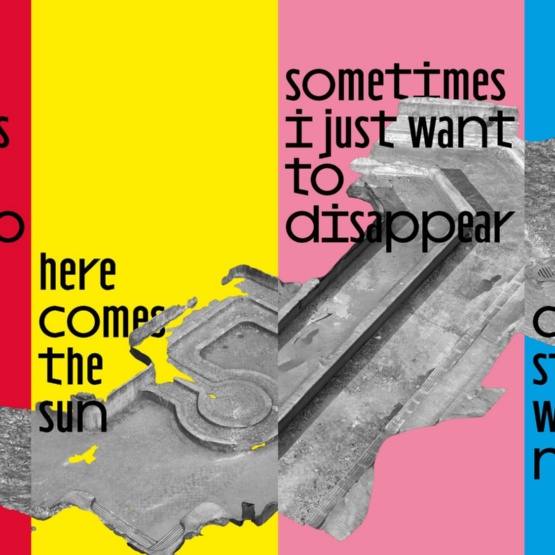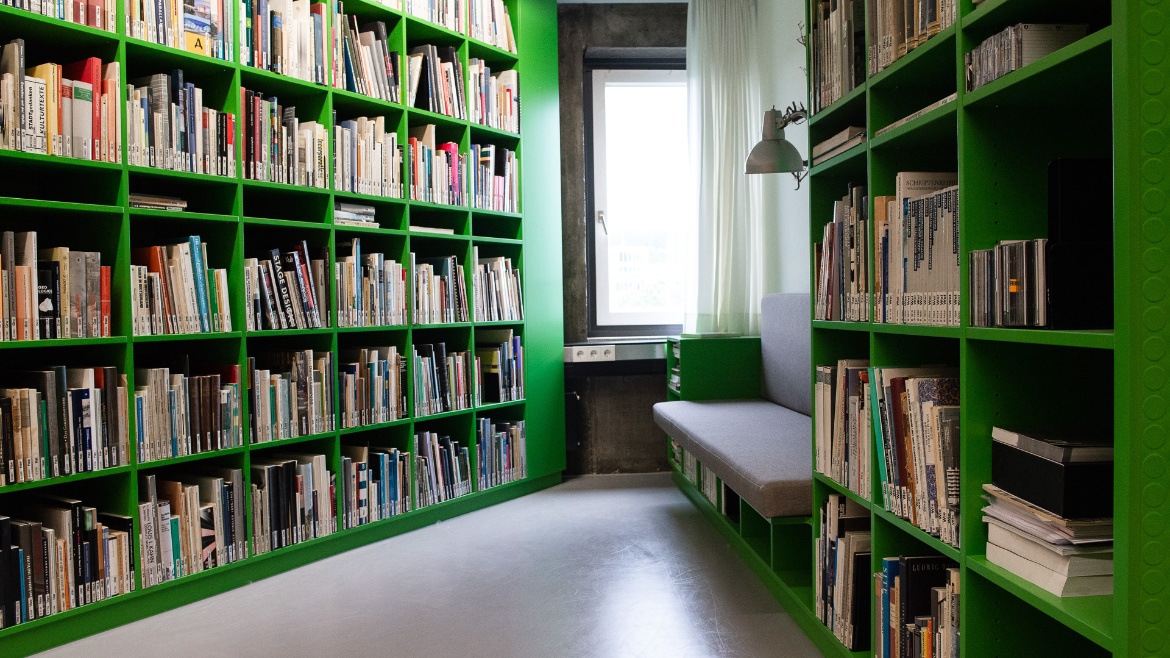
IGmA Bibliothek
Photo: Bild: Frank Wiatrowski
News & Events
Contact
Institute for Principles of Modern Architecture (Design and Theory) (IGmA)
Keplerstrasse 11, D - 70174 Stuttgart, Campus Stadtmitte
- Further information
- +49 711 685 83320
- Write e-mail
- @igma.architecturetheory (Instagram), youtube.com/igma tv (Youtube), r/igmatv (Reddit), facebook.com/igmaStuttgart


